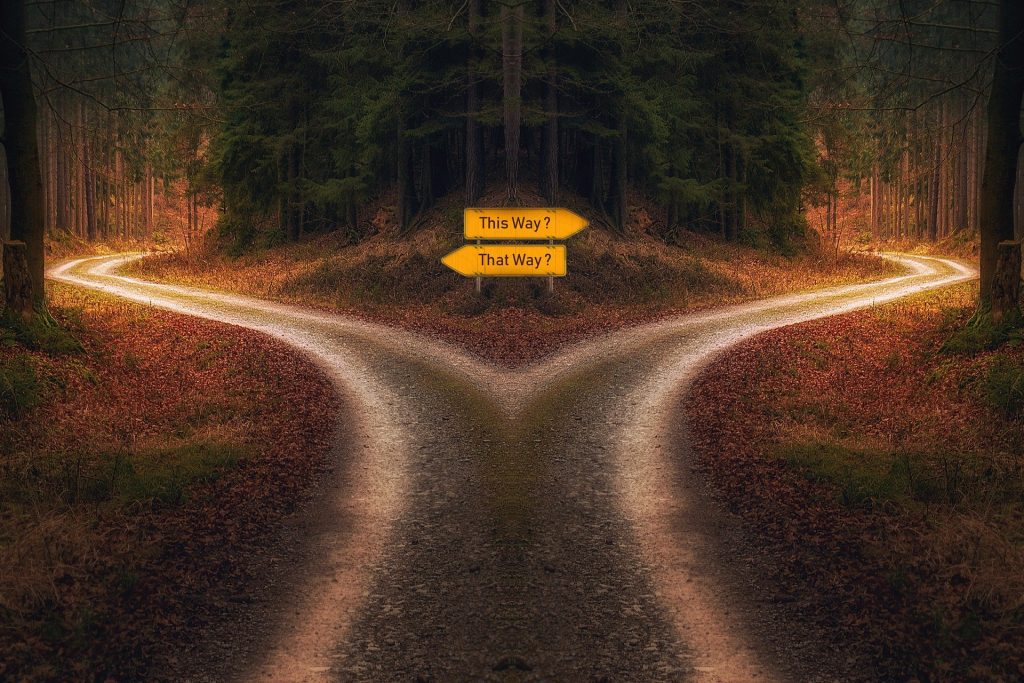How do you deal with noise pollution?

As I write this, I am sitting in a beautiful spot in the middle of one of the Netherlands’ larger natural parks. There is not a soul in sight. I come here almost daily, especially when the wind is blowing from the wrong direction. On those days, I sleep poorly and find it harder to quiet my mind. The reason for this is that the noise from the motorway that runs through this area blows our way, causing noise pollution. Since I currently live in the relatively peaceful north of the Netherlands, in a forest cottage, I often wonder: ‘How on earth do all the other Dutch people cope with this?’
I have the luxury of coming here on days like this, as far away from the noise as possible. Unfortunately, it’s never completely without the sounds of human enterprise, because even now I can hear the motorway in the distance through the sounds of nature. Only in the early morning and evening, when the sun is just rising or almost setting, is it only slightly present. At those times, birds sing so loudly that they almost drown out the engine noises. As a result, those are my favourite times of the day. Want to hear how what that sounds like? I’ve posted a video I made in the nuggets.
Living without noise pollution is difficult in the Netherlands
So, when the wind blows this way again, I have a few choices. 1: I work indoors and use noise-cancelling headphones. The latter is necessary because the sound comes through the closed windows. 2: I come to this place and write like mad with less noise nuisance. This option only works if no one is working in the forest, which luckily is the case today. The last option is to move 😊 Where to is the big question because living without noise is difficult in the Netherlands.
Noise pollution is probably one of the most underestimated causes of illness, fatigue and stress. Because most people – at least in the Netherlands — don’t even know what it’s like to live in a quiet environment, we often don’t realise how much negative impact continuous noise has on us. There are people, like me, who are extremely aware of it, who report feelings of restlessness, fatigue, and even feelings of despair and depression.
Noise pollution is harmful to everyone, even if it doesn’t bother you
But if you’re not aware of it, it doesn’t mean it doesn’t affect you. Research shows that the oldest parts of our brain automatically react to certain types of sounds, such as engine noise and other droning noises. These parts associate those sounds with approaching danger, which puts various body systems on alert automatically. And that drains your energy, whether you’re aware of it or not. By the way, did you know that birds sing demonstrably louder in areas with a lot of human noise? They do this because otherwise they can’t hear each other. As a result, in most places in the Netherlands, birds are constantly ‘shouting’ to communicate with each other.
So, noise pollution is far from harmless. But in many places in the world, you can’t escape it. How do you deal with that? I mentioned my noise-cancelling headphones earlier. Unfortunately, this only works for a while. In the long run, I become just as tired because there’ll be a kind of buzzing in my ears instead of the noise. Something else I can think of is sound proofing your house and staying indoors. For me, this is definitely not a solution, but it might work for someone else. The best thing would be to seriously focus on preventing noise pollution. However, this requires a lot of change, which first requires a change in mindset. We would have to prioritise a healthy living environment above all else. In a society where regulations in this area are not adhered to, that sounds quite utopian.
People over money, also when it comes to noise pollution
In the Netherlands, zoning plans are regularly adjusted so that economically desirable projects can proceed even though they seriously exceed noise standards and are therefore not good for residents. Another example that has been widely covered in the newspapers over here is that the Rammstein concert in Groningen (including fireworks) was allowed to go ahead despite the fact that it would exceed healthy noise standards big time.
The solution that currently seems easiest to me is to move. However, I can imagine that this is too extreme for many people. Taking noise pollution’s effect on health seriously is important, though. Especially in a country where population density is only increasing, we need to be aware of the effects of noise when making decisions about spatial planning and other related legislation. People who experience noise pollution are still too often dismissed as whingers, when in reality, they are simply aware of the negative effects we all experience. In this light, you should actually use us as those proverbial canaries in coal mines and benefit from it by making changes.
Let’s collectively think about how we can address this and other issues that threaten the liveability of our environment!




